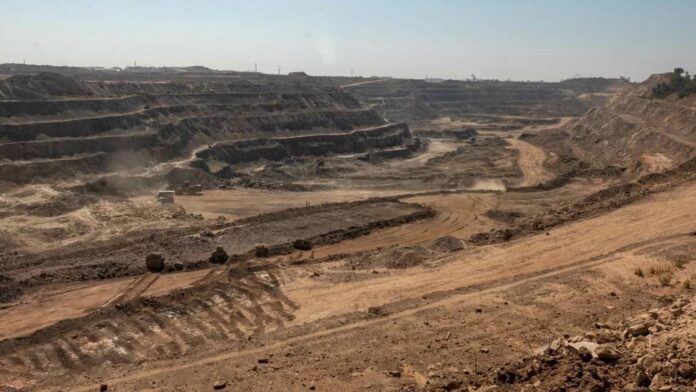And, she says, anybody weighing an EV versus a gas-powered car needs to think just as carefully about the other side of the equation: the cost of relying on fossil fuels.
“A traditional car needs mining every day, needs mining every time it’s used. It needs the whole extraction complex of fossil fuels in order to power it,” she said.
The carbon pollution from burning gasoline and diesel in vehicles is the top contributor to climate change in the U.S. And there are other costs: Oil spills; funding for corrupt oil-rich regimes; the illnesses and preventable deaths caused by pollution from fossil fuels.
Add it up, she says, and if you’re concerned about all the harms from mining, you’ll still want to choose an EV over a comparable gas car.
New technology and better practices can reduce EVs’ footprint
There are several ways that manufacturing EVs could become cleaner.
Public pressure and a shift toward mining in regions with stronger regulations, like the U.S. instead of China, could reduce the harms done in mines. New technology, like a mining method called “direct lithium extraction,” could produce minerals with much smaller footprints.
Batteries are also changing. A group called Lead the Charge is evaluating automakers on their efforts to clean up supply chains and source materials ethically; there’s a wide range of ratings.
Right now, if you want to avoid cobalt in your battery because of the horrific mining conditions, you could seek out an LFP battery, which is made without cobalt – they’re used in vehicles like the Tesla Model 3 and Ford Mach-E. In the future, batteries based on sodium might be an alternative to lithium.
And last but not least, battery minerals can be recycled. This won’t meaningfully reduce the need for mining until huge numbers of EVs on the road have reached the end of their lifespan. But eventually, the same molecules of lithium and nickel could be used for many generations of cars – something that can’t be said for fossil fuels. (Recycling batteries is also important because it addresses environmental concerns about the risks of throwing them out.)
What’s best for the planet? Smaller batteries, fewer vehicles
Meanwhile, for people who want to minimize their impact on the environment today, Riofrancos has some advice.


